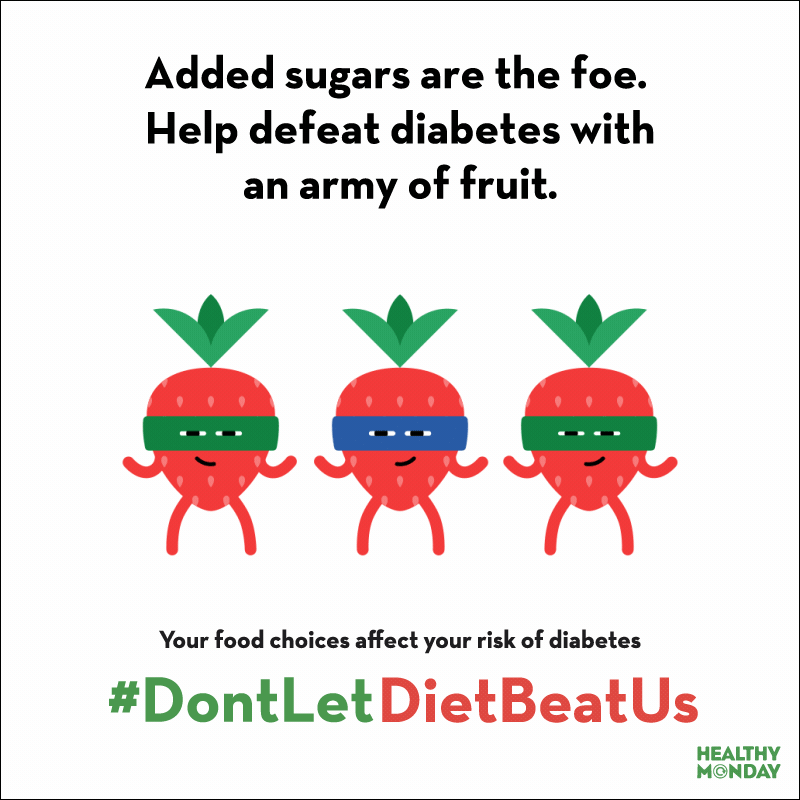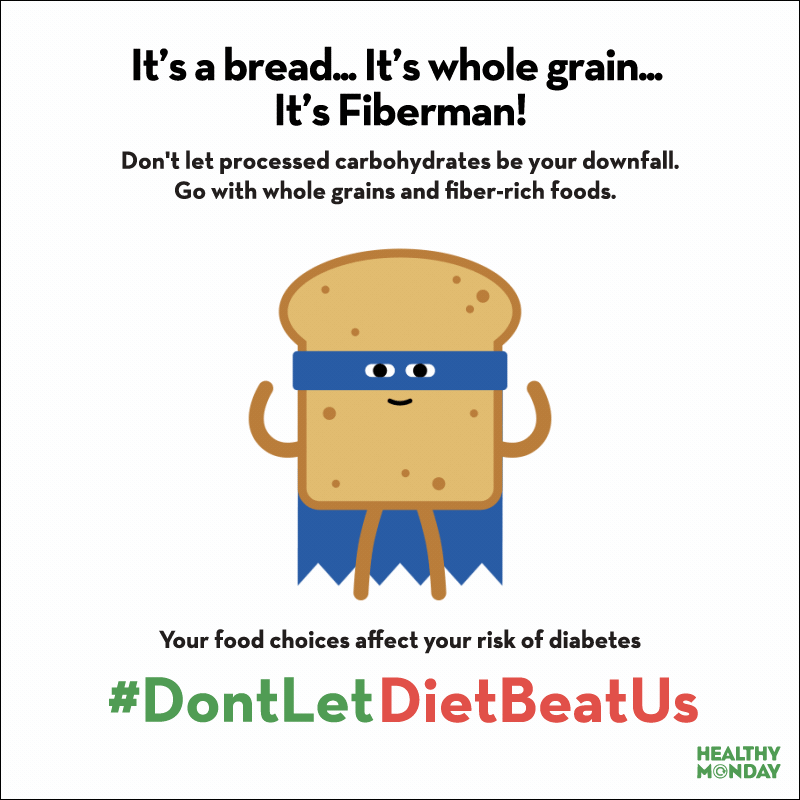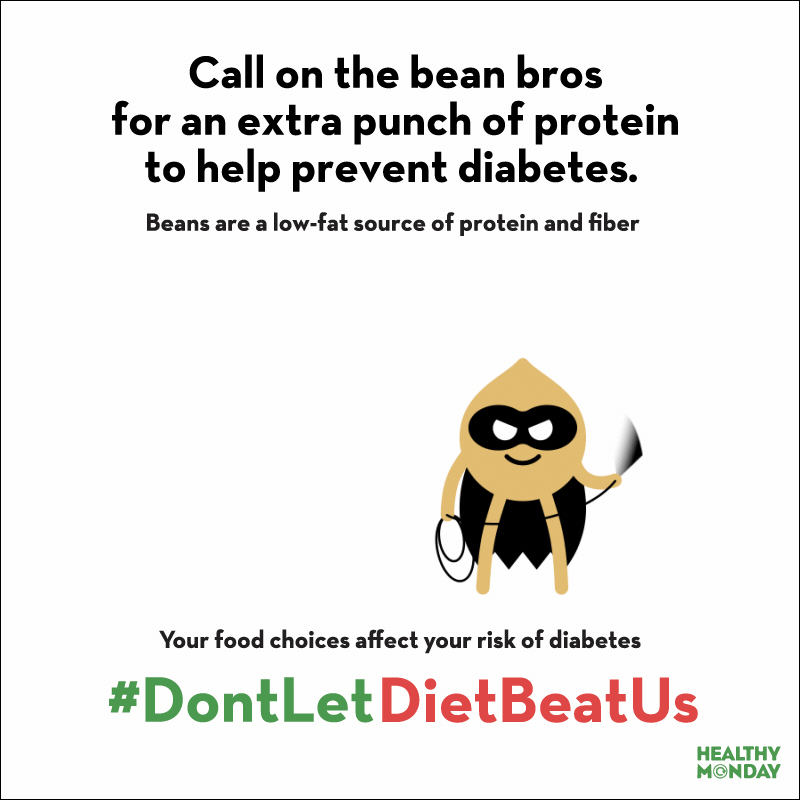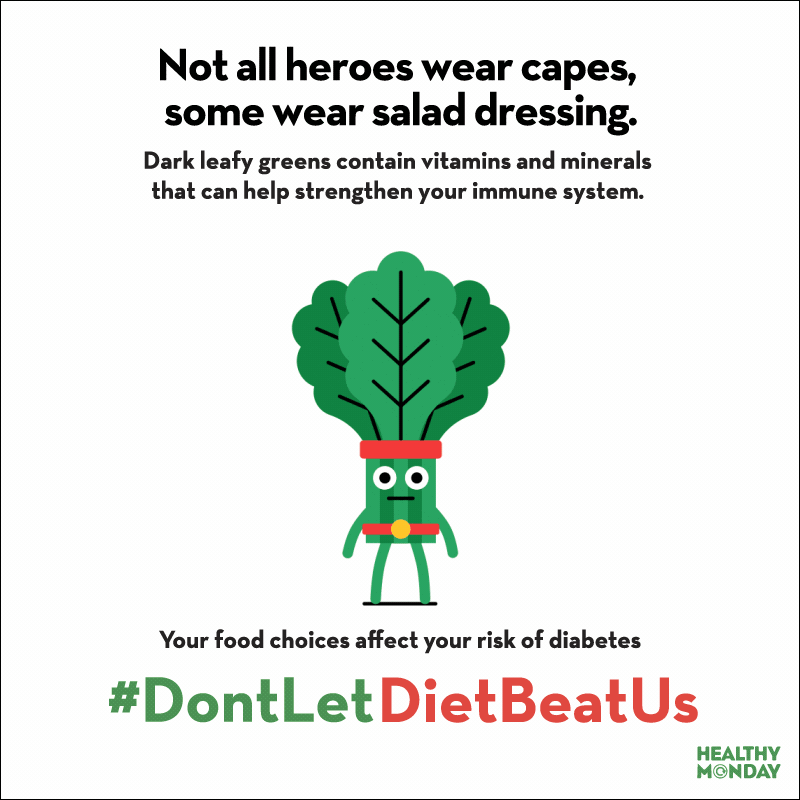Don’t Let Diet Beat Us


Eat healthy foods that make you feel full longer.
- Making smart calorie choices can help reduce the risk of developing or worsening chronic disease like diabetes and obesity.
- Incorporating more fiber, protein, and whole foods into your diet will help keep you feeling full and increase your chances of managing your weight successfully.
So what exactly should you be eating if you want to maintain a healthy weight and reduce your risk of developing type 2 diabetes? The difference comes down to the nutrient makeup of each specific food. Snacks like almonds have a number of different nutrients that contribute to a healthy diet, such as fiber, protein, vitamins, minerals, and healthy fats. Protein and fiber contribute to satiety and feeling full, and the vitamins and minerals foods like almonds contain can help with other bodily processes. Similarly, eating a higher proportion of vegetables, whole grains, and legumes can help you feel full longer, while offering a variety of other health benefits.


More Fiber
Whole grains such as brown rice, farro, oatmeal, and whole wheat are rich in fiber. Vegetables like broccoli, Brussels sprouts, zucchini, and skin-on fruit like apples are also high in fiber, and typically contain fewer calories relative to their volume. Eating more of these foods can help reduce cravings and after-dinner snacking, as well as maintain bowel health, lower cholesterol levels, and control blood sugar levels — all critical bodily processes that influence a person’s risk of developing certain diseases and cancers.


More Protein
Foods high in protein can help manage your appetite and hunger levels. Studies show that, compared to carbohydrates and fats, protein keeps you fuller for longer, which will help limit late-night hunger cravings. When adding protein to your diet, plant-based sources such as beans, seeds, nuts, and soy products like tofu are good choices.


More Whole Foods
Whole foods like whole grains, fruits, and vegetables typically contain fewer calories and more nutrients and fewer added sugars than processed foods. Incorporating more nutrient-dense foods into your diet provides your body with the vitamins and minerals it needs to stay healthy, while reducing your likelihood of consuming foods higher in calories, sugar, and saturated fats. When it comes to snacking, the United States Department of Agriculture (USDA) and the American Diabetes Association both recommend foods like blueberries, popcorn, hummus, peanuts, or roasted chickpeas in place of more processed foods of minimal nutritional value like soda, candy, chips, and ice cream.
Use this Monday to refocus your diet so that you’re getting the most mileage out of each calorie. Download our full set of Don’t Let Diet Beat Us GIFs.
Get More Diabetes Prevention Resources
Our diabetes prevention program has a variety of resources designed to help people at risk for type 2 diabetes manage or prevent the disease through a combination of healthy eating, exercise, and stress management.